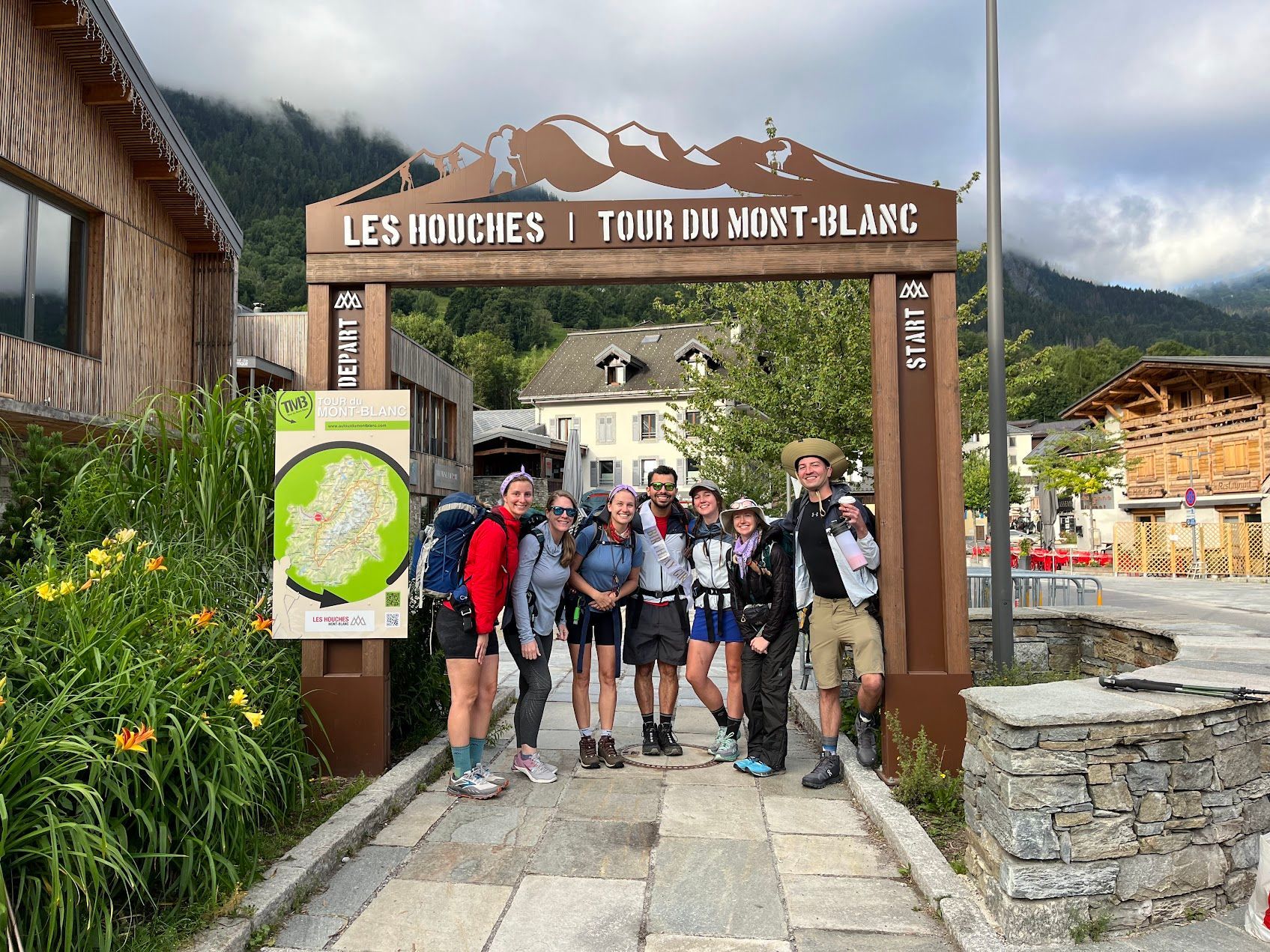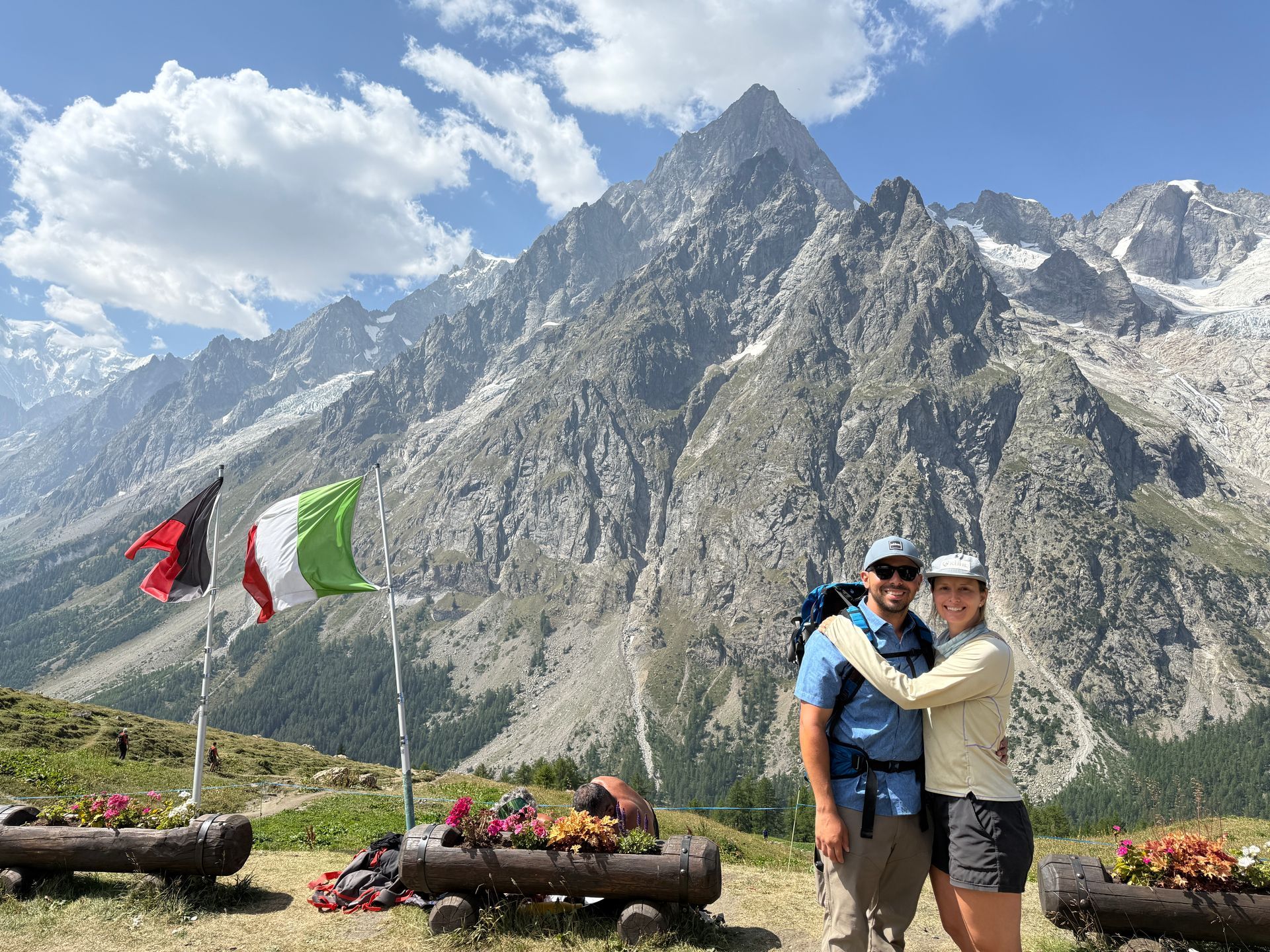Is Executive Group Travel the Right Choice for Your Team?
In the world of business, travel isn’t just about getting from point A to point B. It's about building relationships, fostering team spirit, and driving business growth. Executive group travel takes these objectives to the next level, offering unique opportunities that individual business trips can’t match. But is it the right choice for your team? Let’s dive into the details and find out.
Understanding Executive Group Travel
Executive group travel involves organizing trips for teams of executives to attend conferences, retreats, client meetings, or other business-related events. Unlike regular business travel, which typically focuses on individual itineraries, executive group travel is about the collective experience. It’s about enhancing team dynamics and achieving business goals through shared travel experiences.

Benefits of Executive Group Travel
Enhanced Team Building: One of the biggest perks of executive group travel is the team-building aspect. When your team travels together, it’s a chance to bond outside the usual office environment. Team-building exercises, workshops, and even casual dinners can help strengthen relationships and improve collaboration. Imagine your team participating in a problem-solving workshop in a new city—these shared experiences can create lasting connections.
Improved Productivity and Focus: Getting away from the everyday distractions of the office can do wonders for productivity. When the team is in a focused environment, like a retreat center or a conference, it’s easier to concentrate on the task at hand. Many companies have found that group travel leads to breakthroughs and innovative ideas because the team is fully engaged and away from daily interruptions.
Networking Opportunities: Executive group travel also opens doors to valuable networking opportunities. Whether it’s a conference or a client meeting, being together allows your team to make a strong impression. It’s not just about meeting new people; it’s about building stronger relationships with clients and partners. Attending industry events as a team can also showcase your company’s unity and professionalism.
Cost-Effectiveness: While it might seem counterintuitive, executive group travel can be cost-effective. Group discounts on flights, accommodations, and event tickets can significantly reduce expenses. Plus, shared resources like transportation and meeting spaces can cut costs further. When you compare the expenses of individual travel to group travel, you might be surprised at the savings.
Key Considerations for Planning Executive Group Travel
Identifying Objectives: Before planning any trip, it’s crucial to define your objectives. What do you hope to achieve? Whether it’s brainstorming new ideas, building team morale, or securing a big client, having clear goals will help shape your travel plans. Aligning the trip with business objectives ensures that every activity is purposeful.
Budgeting and Financial Planning: Budgeting is a critical part of planning any trip. Estimate costs and set a realistic budget that covers all expenses. This includes flights, accommodations, meals, transportation, and any activities. Be sure to factor in some contingency funds for unexpected expenses. Managing expenses wisely will help maximize your return on investment (ROI).
Choosing the Right Destination: The destination can make or break your trip. Choose a location that aligns with your objectives and offers the amenities your team needs. Consider factors like accessibility, climate, and the availability of relevant events or venues. Popular destinations for executive group travel include major cities with conference centers or retreat locations that offer a balance of work and leisure activities.
Travel Logistics and Itinerary Planning: Coordinating flights, accommodations, and transportation for a group requires meticulous planning. Work with travel agents or use travel planning tools to streamline the process. A well-balanced itinerary that mixes work sessions with leisure activities can keep the team energized and focused. Make sure to include some downtime for relaxation and informal bonding.
Best Practices for Successful Executive Group Travel
Early Planning and Preparation: The earlier you start planning, the better. Early planning allows you to secure the best rates and accommodations. Create a checklist of pre-trip preparations, such as booking flights, reserving accommodations, and organizing activities. This ensures everything runs smoothly and minimizes last-minute stress.
Clear Communication and Coordination: Communication is key to a successful trip. Establish clear communication channels and keep everyone informed about the itinerary and any changes. Tools like group messaging apps can help with coordination. Assigning a travel coordinator can also help manage logistics and address any issues that arise.
Ensuring Comfort and Convenience: The comfort of your team is paramount. Choose quality accommodations and reliable transportation. Consider factors like proximity to event venues, room amenities, and dietary preferences. Small touches like welcome packs or travel kits can enhance the overall experience and show your team that you value their well-being.
Incorporating Team-Building Activities: Don’t forget to include team-building activities in your itinerary. These can range from structured workshops to casual outings. Activities like team games, outdoor adventures, or cultural experiences can break the ice and foster a sense of camaraderie. Balancing work and leisure time effectively ensures that the trip is both productive and enjoyable.
Challenges and How to Overcome Them
Scheduling Conflicts: Finding a time that works for everyone can be challenging. Use scheduling tools to identify a window that suits the majority of the team. If necessary, consider flexible dates or split the group into smaller teams to accommodate different schedules.
Budget Constraints: Sticking to a budget can be tough, but there are creative ways to manage costs. Look for group discounts, off-season rates, and sponsorship opportunities. Leveraging partnerships with other businesses can also help offset expenses.
Health and Safety Concerns: The safety and well-being of your team are paramount. Ensure that health and safety protocols are in place, and provide information on local health facilities. Having a plan for managing health risks and emergencies is essential for peace of mind.
Maintaining Productivity: Staying productive while traveling can be a challenge. Equip your team with the tools they need to work remotely, such as laptops, Wi-Fi access, and collaboration software. Setting clear expectations and goals for work sessions can help keep everyone on track.
Evaluating the ROI of Executive Group Travel
Measuring the success of your trip is crucial. Track key performance indicators (KPIs) such as team productivity, client engagement, and overall satisfaction. Collect feedback from participants to identify areas for improvement. By comparing the costs to the long-term benefits, you can assess the true ROI of executive group travel.
Conclusion
Executive group travel offers numerous benefits, from enhanced team building to cost savings and improved productivity. By carefully planning and considering the needs of your team, you can create a rewarding experience that aligns with your business goals. Ready to explore the possibilities? Start planning your next executive group travel adventure and watch your team thrive.
For more tips and travel planning assistance, visit Travel Light Adventures. We’re here to help you navigate the complexities of corporate travel and create memorable, productive experiences for your team.


